Submissions
AOM journals accept submissions for both regular publications and special issues. Special issue submissions should conform to the theme or subject matter of the special issue. Please see below for more information regarding journal-specific submission procedures and current call for submissions.
Open Calls
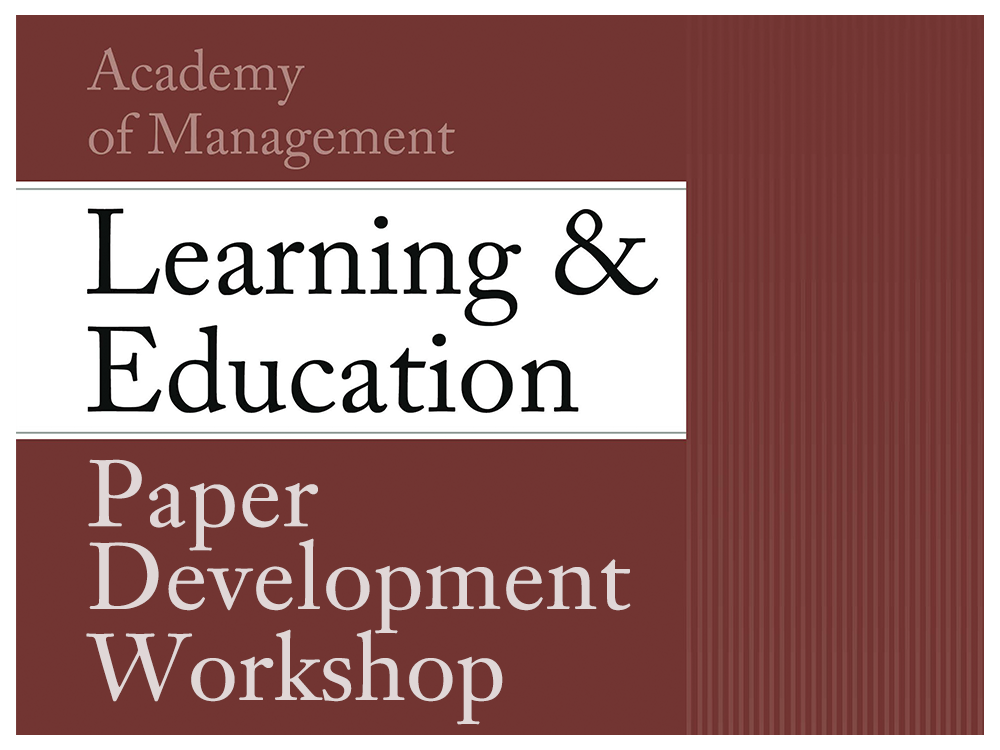
Call for Submissions
Submission Deadline: 12 Jul 2025
AMLE Paper Development Workshop, Belfast, Northern Ireland
In-person, two-day workshop at Queen's University Belfast. There is no fee, however, registration, submission of full paper, and commitment to attend are required for all participants wishing to attend both parts of this workshop.
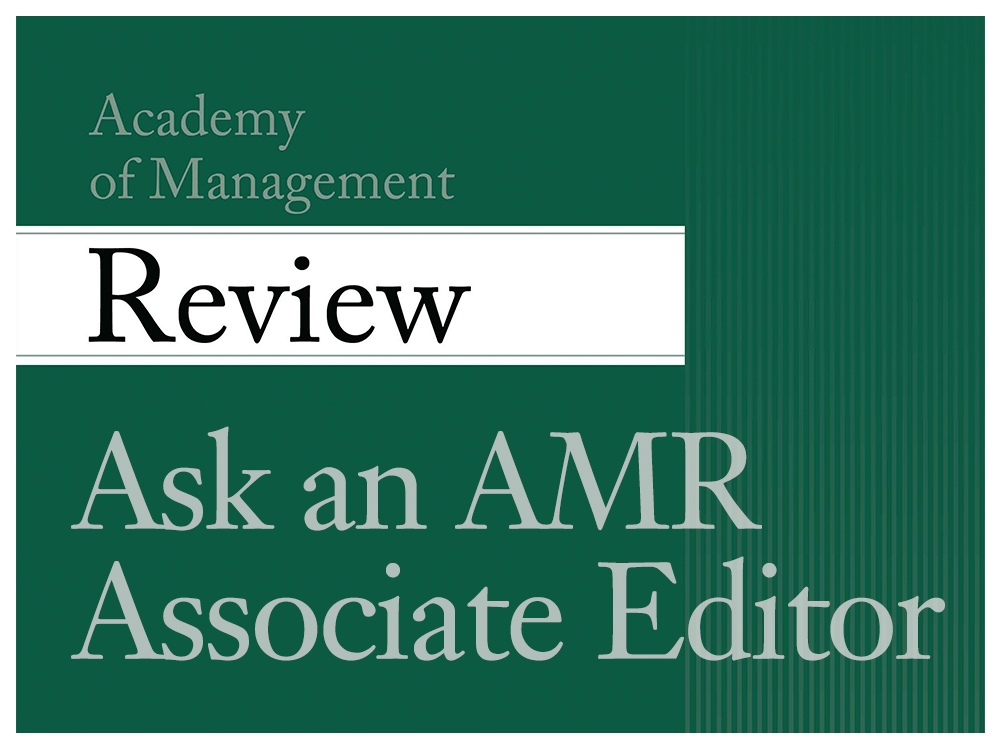
Call for Papers
Ask An AMR Associate Editor: Special Topic Forum on Marginalized Workers and Marginalized Populations in Organizations
Kristie Rogers and Paul Tracey, Associate Editors of this Special Topic Forum, will discuss the call for papers. They will also answer questions about potential submissions to this issue.
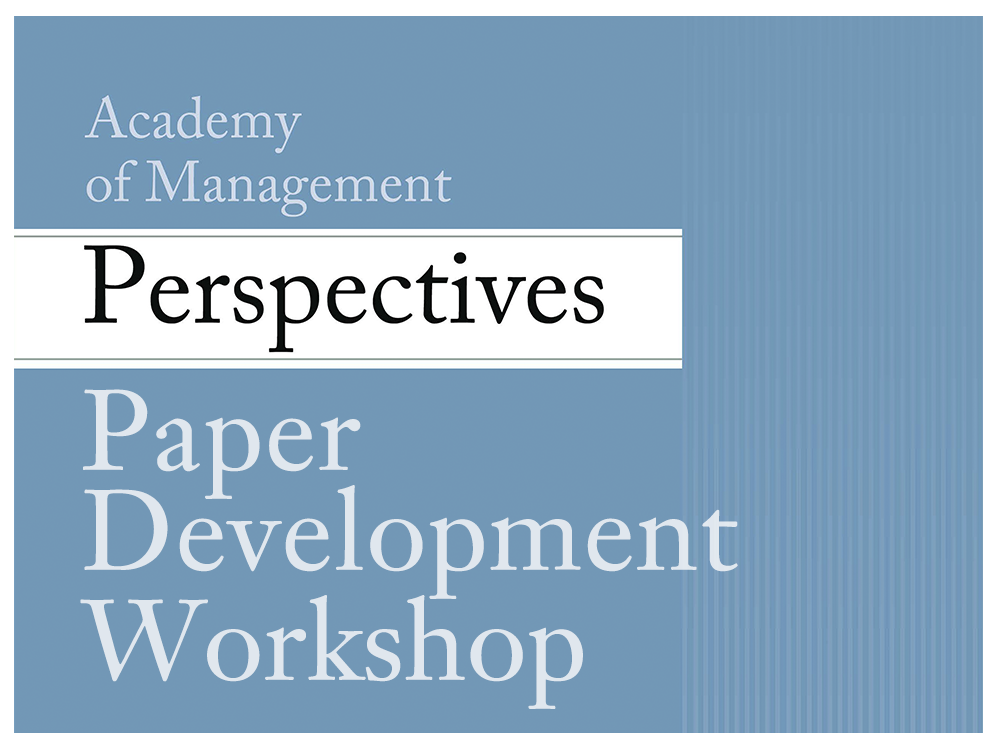
Call for Special Issue Papers
AMP Virtual Paper Development Workshop for Special Issue: Managing for Our “New Normal”: How to Foresee, Prepare for, and Repair after Extreme Events
This virtual Paper Development Workshop is held in conjunction with the AMP Special Issue "Managing for Our “New Normal”: How to Foresee, Prepare for, and Repair after Extreme Events" and aims to engage with scholars interested in contributing to the issue.
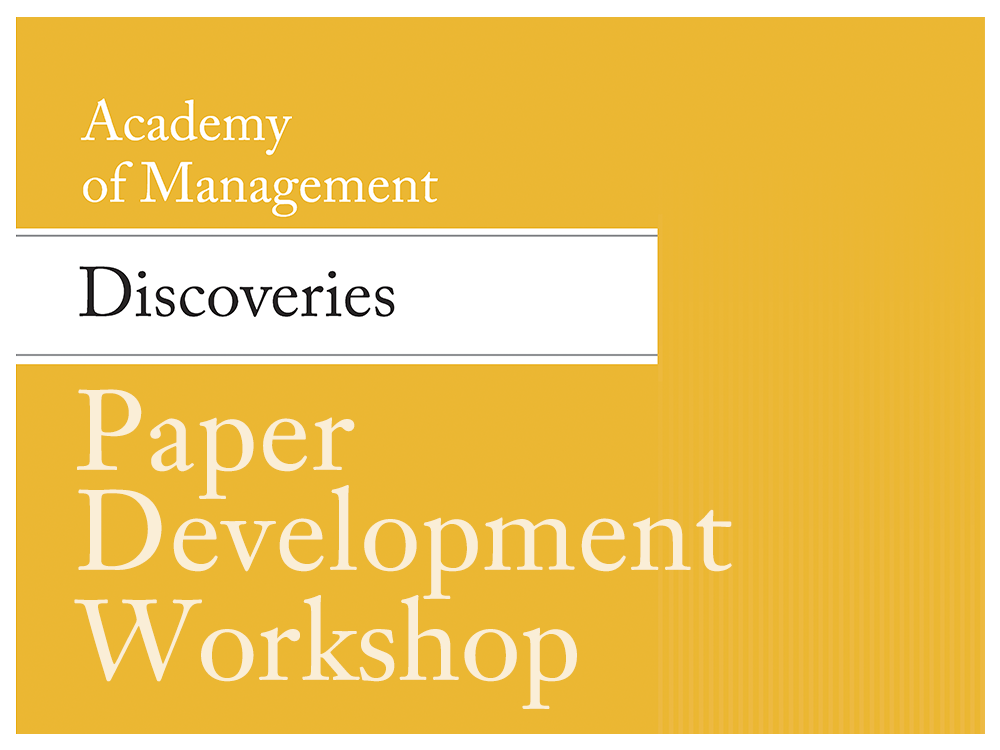
Call for Submissions
AMD Publishing and Paper Development Workshop, Zurich, Switzerland
In-person workshop hosted by ETH Zurich. Registration required for all participants. Extended abstracts may be submitted for feedback.

Call for Special Issue Papers
Submission Deadline: 31 Oct 2025
AMP Call for Special Issue Papers: Making it Better by Working Together
This special issue invites scholarly studies that explain how the major challenges of our time can be or have been better addressed through specific reconfigurations of the relationships between firms, governments, and civil society organizations.

Call for Submissions
Submission Deadline: 31 Oct 2025
AMD Special Research Forum - Organizational Insights in Health Care
AMD Special Research Forum Call for Submissions: Organizational Insights in Health Care. Submission period: 1-31 October 2025.
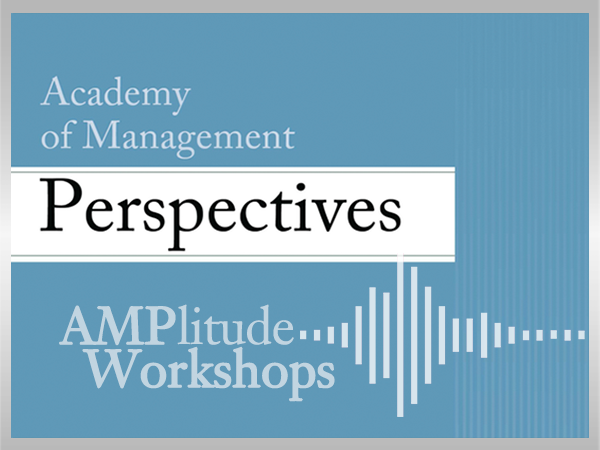
Call for Nominations
Submission Deadline: 24 Sep 2025
AMPlitude Workshops: Session 2
Is your research project suitable for publication in Academy of Management Perspectives (AMP)? Pitch your paper ideas to AMP editors. Join the next workshop.

Call for Submissions
Submission Deadline: 12 Sep 2025
AMLE Paper Development Workshop, Vilnius, Lithuania
In-person workshop at the ISM University of Management and Economics in Vilnius, Lithuania. This workshop features two parts. Submission is required.

Call for Papers
Ask An AMR Associate Editor: Ethical Considerations Unique to Publishing Theory Papers
Melissa Cardon and Chak Fu Lam will talk about their FTE on ethics related to writing theory papers, offer suggestions, and answer questions.

Call for Special Issue Papers
Submission Deadline: 15 Dec 2025
AMLE Call for Special Issue Papers: Management Learning and Education as Drivers of Fundamental Alternative Forms of Organizing
AMLE Special Issue papers invited between 1 November-15 December 2025 for anticipated September 2027 publication.

Call for Submissions
Submission Deadline: 30 Nov 2025
AMD Special Research Spotlight - Neurodiversity in Management and Organizations
Call for Submissions - Special Research Spotlight: Neurodiversity in Management and Organizations. Submission period: 1 November 2025–30 November 2025.

Call for Submissions
Submission Deadline: 30 Sep 2025
AMLE Paper Development Workshop, Wellington, New Zealand
In-person workshop at the Wellington School of Business and Government at Victoria University of Wellington. This workshop features a plenary and breakout sessions. Extended abstract or full paper submission required.

Call for Papers
Ask An AMR Associate Editor: Writing with Clarity, Coherence, and Conciseness
Learn more about clear, coherent and concise writing techniques. In this session, Kris Byron, editor of AMR, will offer tips and answer questions about how to improve your academic writing skills.

Call for Papers
Ask An AMR Associate Editor: Dialogue Done Right: Crafting a Strong Submission for AMR
In this session, Christy, Dana, and Anastasiya will share the do’s and don’ts of writing and submitting a dialogue to AMR.

Call for Papers
Submission Deadline: 31 Jan 2026
AMR Special Topic Forum: Marginalized Workers and Marginalized Populations in Organizations
This forum will consider theoretical contributions that challenge or extend existing management theorizing and constructs to better represent a diverse range of workers, including those who work outside traditional paradigms and may experience marginalization within their work contexts.
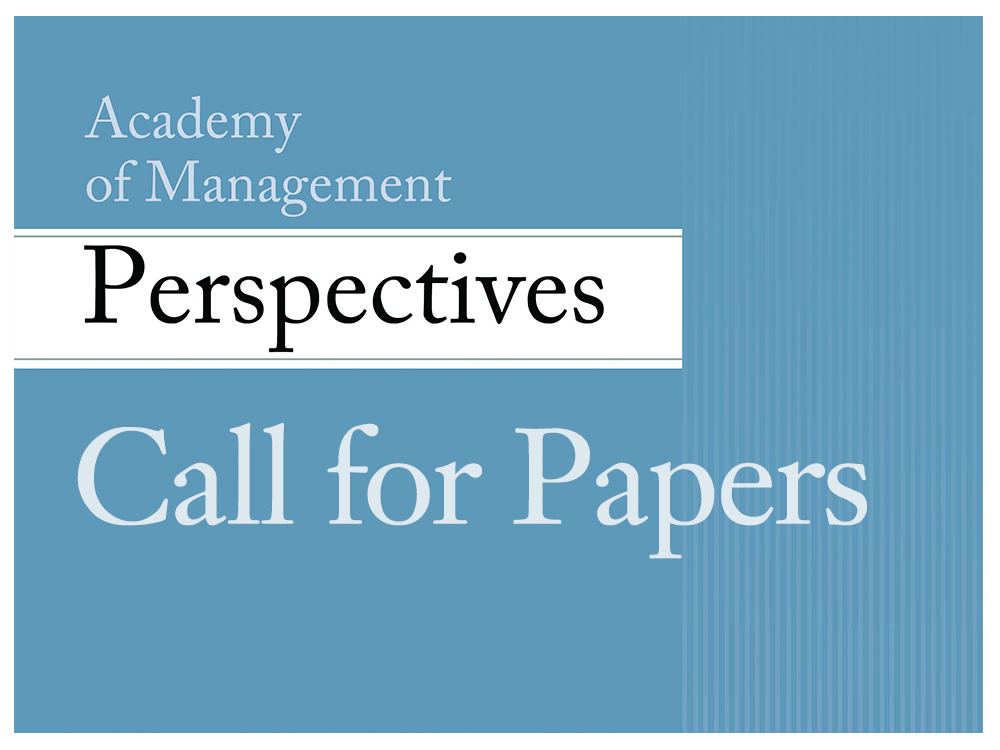
Call for Papers
Submission Deadline: 31 Jan 2026
AMP Open Call for Papers
Are you thinking of submitting a manuscript to AMP? We have a terrific global team of engaged editors eagerly awaiting the opportunity to help develop your work.

Call for Submissions
Submission Deadline: 31 Jan 2026
AMP Call for Special Issue Papers: Managing for Our “New Normal”
This special issue aims to provide actionable, evidence-based insights that clearly and credibly guides managers and their organizations through the extreme events that have become part of our new normal.

Call for Submissions
Submission Deadline: 16 Mar 2026
AMD Special Research Spotlight: From Circularity to Regeneration in Management and Organizations
Call for Submissions - Special Research Spotlight: From Circularity to Regeneration in Management and Organizations. Initial submission period: 1 February 2026–16 March 2026.

Call for Special Issue Proposals
Submission Deadline: 27 Feb 2026
AMLE Special Section Call for Papers: Learning to Hope In and Through Management Learning & Education
In this Special Section, we are specifically interested in exploring the ways in which we may hope in and through management learning and education.

Call for Submissions
Submission Deadline: 30 Sep 2026
AMP Call for Special Issue Papers: Managing Under Political Turbulence
This special issue aims to provide actionable, evidence-based insights that clearly and credibly guide managers and their organizations in navigating the political turbulence that increasingly characterizes the international, national, and subnational landscape.

Call for Submissions
Submission Deadline: 30 Dec 2029
Call for Submissions: AMD Discoveries-through-Prose
Discoveries-through-Prose invites submissions of nontraditional manuscripts that provide a riveting narrative and directly connect to management and organizational research.
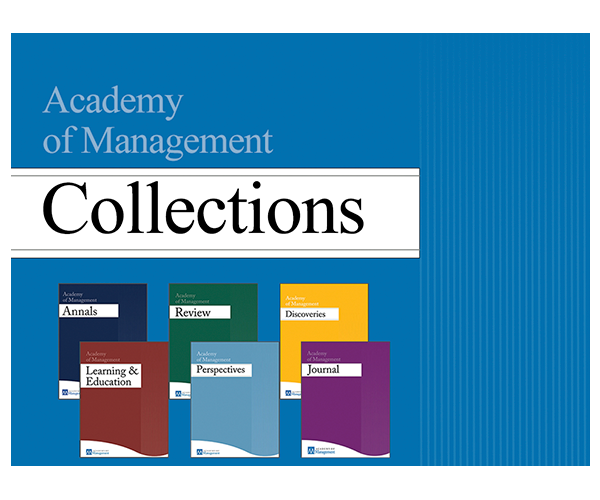
Call for Submissions
Submission Deadline: 29 Dec 2029
Call for Submissions: Collections
Interested in publishing an Academy of Management Collection? Submit an original essay tied to articles selected from the AOM archive. See the full submission guidelines.